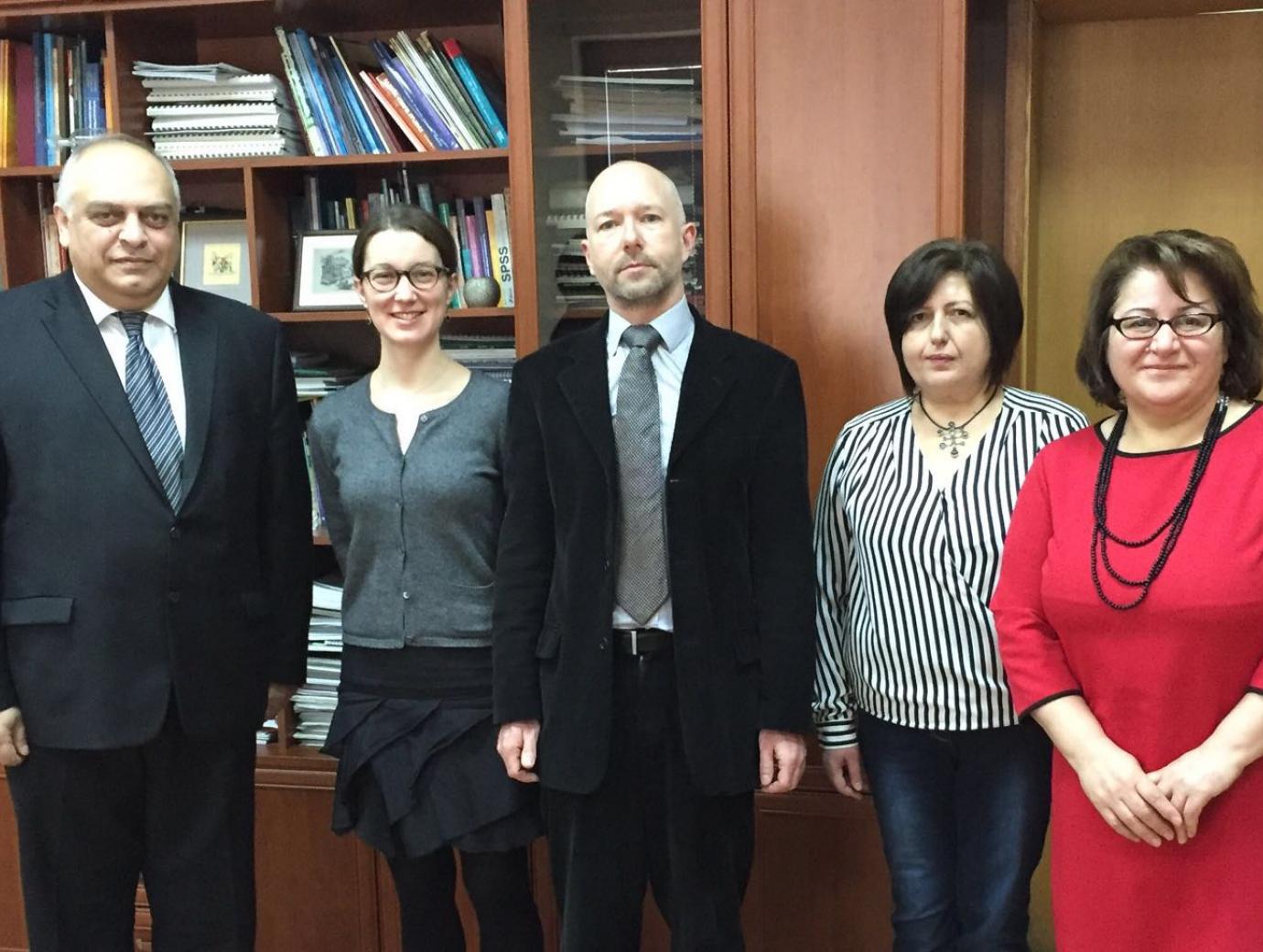Armenia faced the global shortage of DTP. How did the NITAG deal with this situation?
It was forecasted that Armenia will face the DTaP shortage beginning in September 2015. Due to the global shortage Armenia was not able to ensure the necessary purchase of DTaP. For this reason, in March-April 2015, the Armenian NITAG began discussions on the safety of pentavalent (cellular DTP -Hib-HepB) vaccination for 18-month children. Following several rounds of discussion and using the evidence-based recommendations of the NITAG, the Ministry of Health released a statement introducing the pentavalent vaccine into the National Immunization Schedule as a 4th dose. Throughout these discussions, systematic literature reviews played an important role, particularly considering clinical research on safety of hexavalent vaccine as the safety of 5 or more doses of hepatitis B was a main concern for Ministry of Health and other health professionals. My role in the decision involved attending the ESPID conference in May, 2015 to investigate scientific and evidence based information related to this topic.
The Armenian NITAG underwent a performance evaluation. Do you think the proposed recommendations are appropriate and feasible?
In Armenia every effort to evaluate particular areas related to immunization are very much appreciated as we understand that it will reveal the strengths and weaknesses and will ultimately contribute to our continued development. We agree with the assessment results and believe that the recommendations are realistic and achievable. No doubt, all recommendations will be useful for the overall improvement of the Armenian NITAG.
In the evaluation report, it is recommended that the NITAG gain more recognition from national authorities to improve its integration and visibility within the decision-making system. What measures will you implement to accomplish this?
I believe that we need to publish the NITAG meeting agendas and recommendations on the official website of the Ministry of Health with the intention to share information with all interested professionals and authorities. We plan to finalize the official page of the National Immunization Program, which has a headline on the NITAG activities. The Chair of the NITAG can also contribute to improving recognition by simply introducing herself as a Chair of NITAG during meetings with high level officials.
Could you give one or two examples of the critical needs identified? Is there support available to help you solve them?
Development of evidence-based recommendations has always been a challenge for the Armenian NITAG due to the limited availability of information. Therefore, continued development and exchange of knowledge and experiences with other well-functioning NITAGs will contribute to the successful operation of the Armenian NITAG, as well as increase its reputation.


